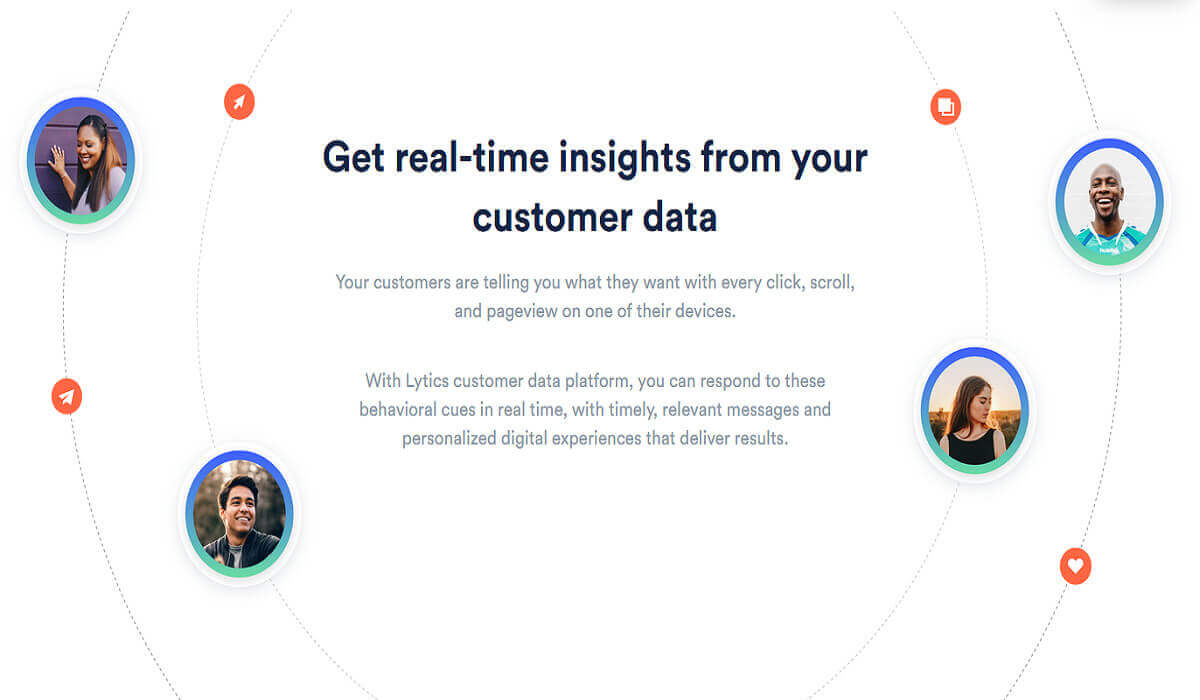What is data management and why do you need it?
August 20, 2021
Data management drives efficiency and success within organizations who use large amounts of data. In order to reach your specific goals, data plays a key role. See how data management can simplify all your information processes.
What is data management?
Data management is how organizations maintain their data, storing it and sorting it securely and efficiently. Companies use data management platforms, software systems that specialize in collecting data and organizing it, in order to achieve data management. The end result, when done right, is helping companies and their customers through the better utilization of important information. The best strategies are comprehensive and are company-wide.
What goes into successful data management?
It’s no secret that great data management leads to a more successful company, so how do we go about bettering our data management? Here are some helpful hints:
- Focus on security at all times. Even though users are getting more comfortable with data usage and practices, they’re still a bit concerned. Keep them comfortable by protecting their information when possible.

- Keep backups for worst case scenarios. It’s rough to lose some important data, but it’s even worse if you don’t have it backed up. Keep it stored in multiple places if you have to.
- Take advantage of the different data tech available. Especially when it comes to storage, there are no shortage of ways to diversify your data containers. There are benefits from both cloud and offline storage.
- Pay attention to data legalities. The demands of data expectations change every so often, so make sure you adjust accordingly.
Now that you know some of the important tasks for running an efficient program, let’s look at some of the main reasons it is so valuable in the first place.
Importance of data management
Data has become so prevalent that the lack of true management around it can be quite costly. Here are some of the main reasons why it’s so important.
Improved business outcomes
Data has become one of the most important enterprise assets, guiding companies in their numerous campaigns, projects and operations. This type of guidance results in better outcomes due to lower costs and higher efficiency.
Better governmental compliance
Because of how easy it is to lose track of data, it’s similarly easy to misstep and fall short off the guidelines in place for data usage. Data management has been an amazing solution to this, helping companies meet the standards for all types of compliance laws and data privacy acts. With how much data is available now, strong management and maintenance of this data is a must to meet the legal standards.
Avoidance of data red flags
One of the downsides of data collection is the potential for things like missing or error-filled data sets, data integrity issues, or data silos.

These of course can put companies down the wrong path, making them come to the wrong conclusions about their information. Strong data management prevents these issues.
So if it is such an important thing, what are some ways we can make the task easier on ourselves? Enter data management systems.
Data management systems
Data management systems are used to help organizations complete their many data tasks, giving them an effective tool to maintain data company-wide. They encompass things like data warehouses and analytics which help companies who use them automate their data processes.
These systems vary in their nature, extending to things like big data management, and automatically cover things such as data quality and modeling. When using these tools, decide which one would best suit the various data tasks you require within your organization and go from there. Systems such as customer data platform, for example, push the limits of what companies are able to do with data.

Now we’ll go over some of the ways to improve upon your current management models with some key strategies.
Important strategies
A proper strategy handles a wide range of things like technology, handling regulations and the tasks taken on by users. Here are some of the most important things to implement in a management strategy:
- Get everyone on board and in the know. One of the most common roadblocks in optimal data usage is finding a way to have everyone on the same page interdepartmentally. By making sure all team members are aware of their specific data tasks, things will run smoother.
- Implement the most modern tech. It’s not enough to use technology. You have to be using the right tech at the right time. Implement, evaluate and re-evaluate your software systems.
- Match your system with business goals. Once everything else is in place, it’s time to put your specific business goals and targets around data in order and work to reach them.
Remember that data collection is an extremely dynamic process, keeping organizations who use it on their toes. If you stagnate, chances are you’ll fall behind. Be sure to have data management practices in place to make sure this doesn’t happen.


